The new Longitude Prize aims to do what medicine has long struggled with: harness AI and global collaboration to unlock life-saving treatments for one of the most devastating diseases. Roger Highfield, Science Director and Longitude Committee member, reports.
Roger Highfield is the Science Director at the Science Museum Group, a member of the UK's Medical Research Council and a visiting professor at the Dunn School, University of Oxford, and Department of Chemistry, UCL. He studied Chemistry at the University of Oxford and was the first person to bounce a neutron off a soap bubble. Roger was the Science Editor of The Daily Telegraph for two decades, and the Editor of New Scientist between 2008 and 2011. He has written or co-authored ten popular science books, most recently Stephen Hawking: Genius at Work, and has had thousands of articles published in newspapers and magazines.
A new study finds global warming could wipe out 24% of staple-crop calories—roughly equivalent to missing a meal, every day – by the end of this century, reports Science Director Roger Highfield.
Roger Highfield, Science Director, discusses a new study which says the world’s “safe” climate limit may be closer to 1°C—not 1.5°C—as ice loss accelerates and irreversible sea level rise looms.
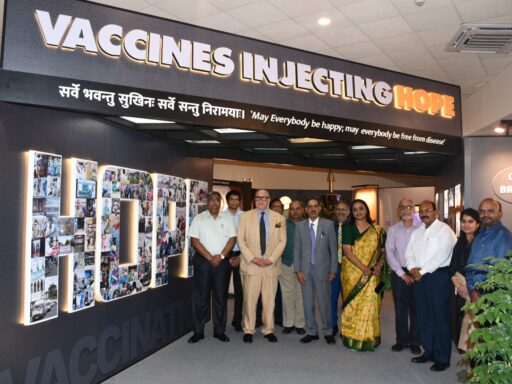
With the Injecting Hope tour reaching its final venue in India, Roger Highfield and Shalini Narayan describe how a unique partnership between the UK, China and India brought the story of COVID-19 vaccines to millions.
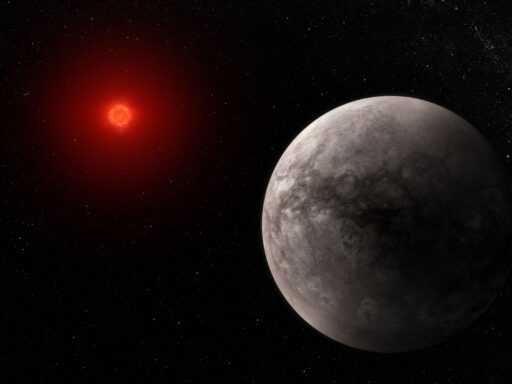
Can a computer predict the evolution of alien worlds? Roger Highfield, Science Director, talks to a newly awarded scientist about his quest to simulate how planets evolve to study climate change on Earth and spur the search for alien life.
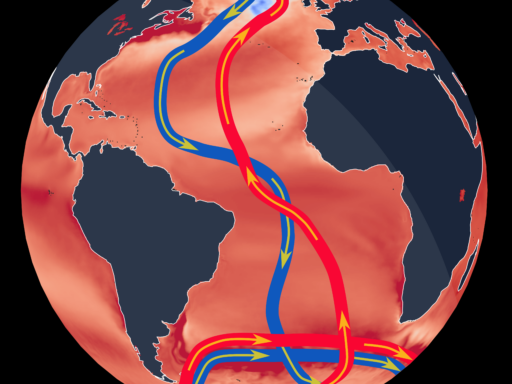
A major ocean current that regulates global temperatures – and gives the UK mild winters – is weakening due to climate change. Science Director Roger Highfield describes a new study which suggests it may avoid collapse this century, thanks to powerful winds that whip around Antarctica.
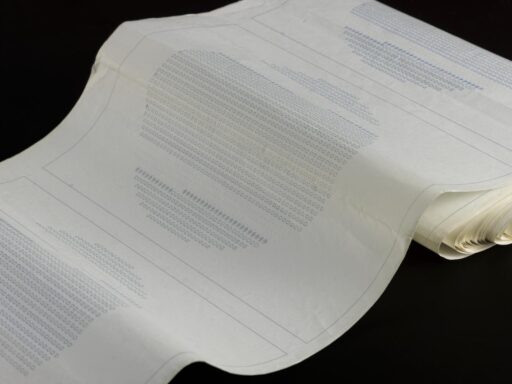
As climate scientists worry that the Earth may tip beyond a point of irreversible climate change, new research suggests that even the simplest computer model is vulnerable to such tipping points. Roger Highfield, Science Director, reports.
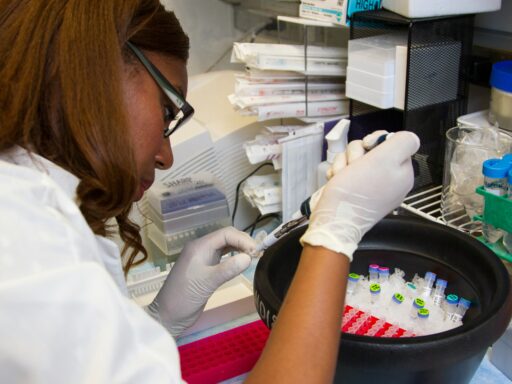
A global survey of attitudes towards science is reassuring, though suggests scientists need to do more to engage with the public, says Science Director, Roger Highfield.
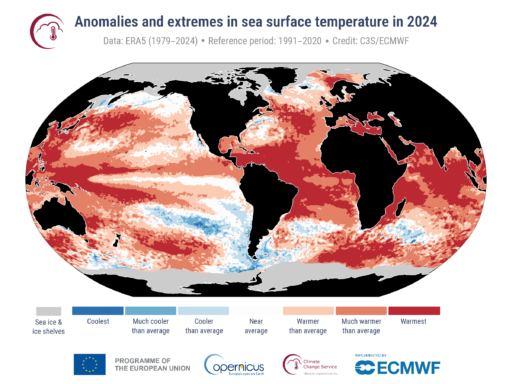
Climate scientists are investigating whether a two-year temperature surge is a blip or means that global warming is accelerating. Roger Highfield, Science Director, reports.
A tumultuous end to the annual climate negotiations saw the formalisation of a global carbon market and a climate finance deal that leaves many nations dissatisfied. Science Director, Roger Highfield, reports
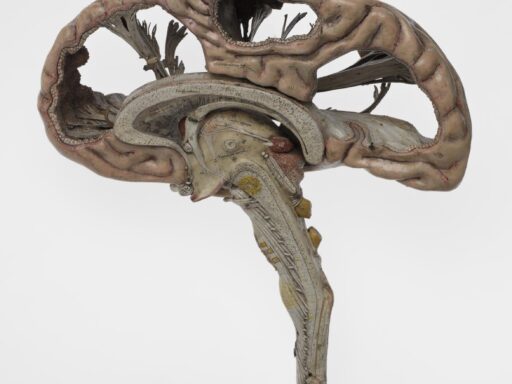
Neuroscientists have harnessed Hollywood to chart the most detailed functional map of the brain to date. Roger Highfield, Science Director, reports.
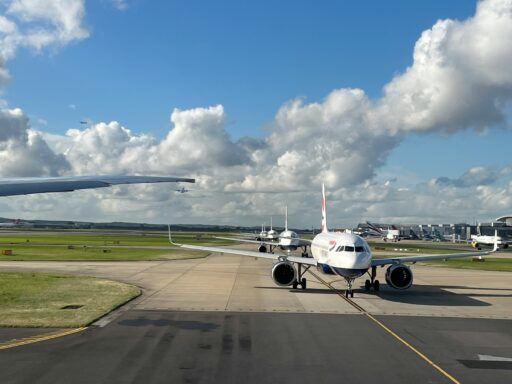
A five-year roadmap to help the aviation sector achieve net-zero climate impact by 2050 is published today by a Cambridge University team. Roger Highfield, Science Director, reports.